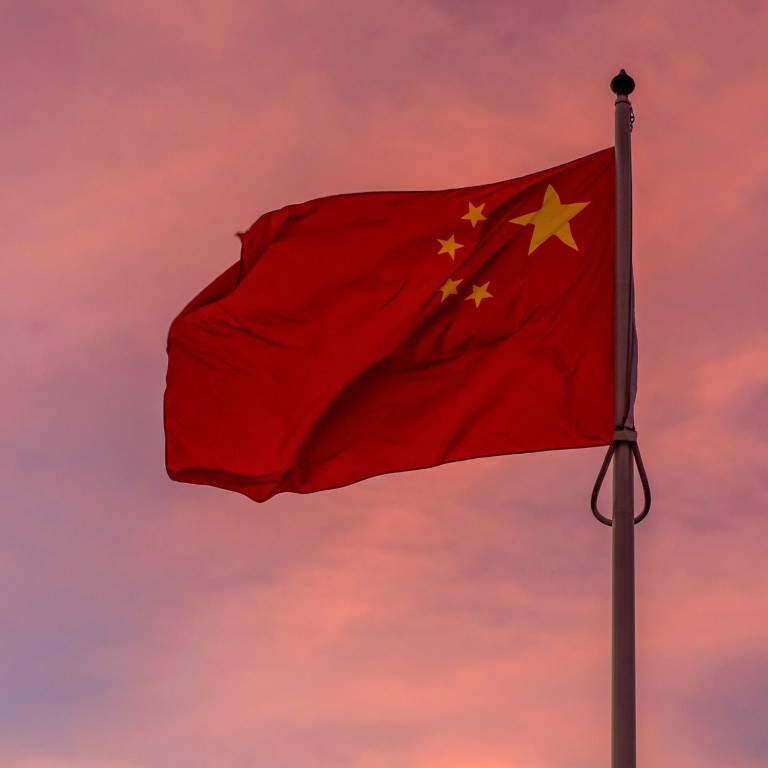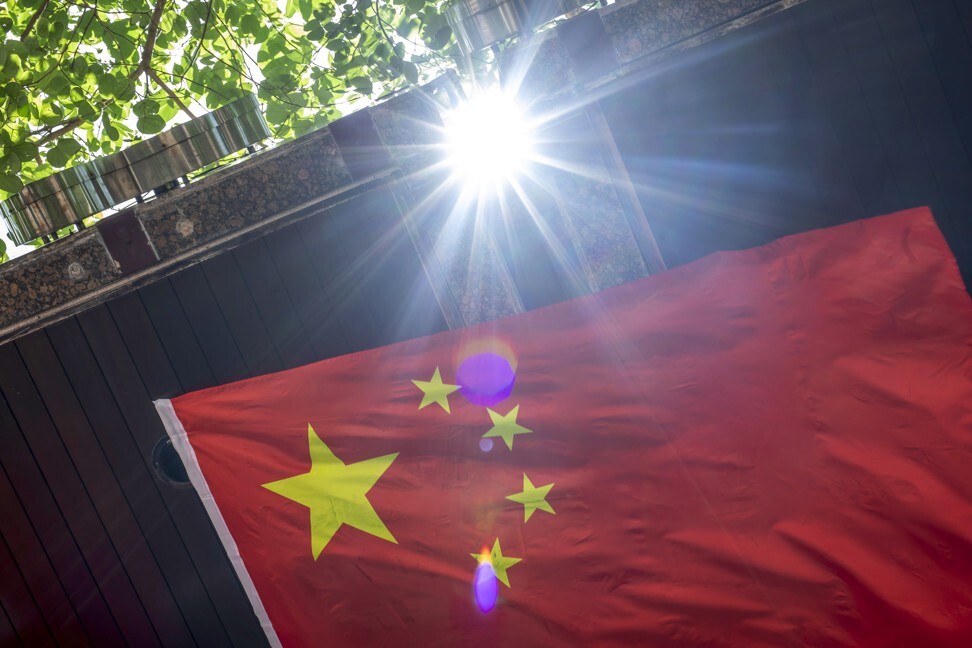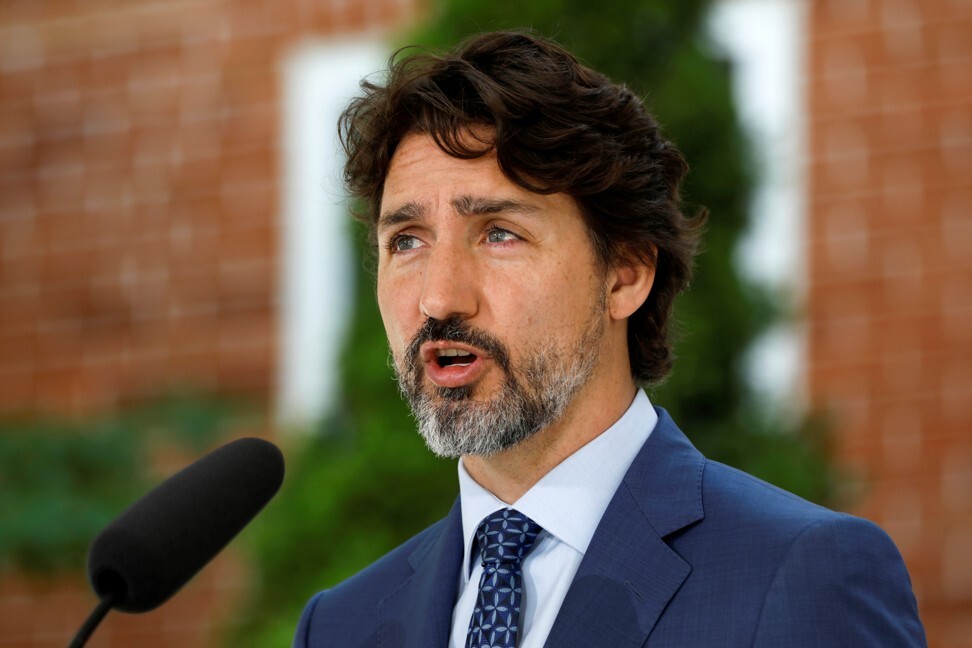
International call to halt extradition treaties with Hong Kong after China imposes tough national security law
- Inter-Parliamentary Alliance on China wants assurances from Western countries that no extraditions to HK will take place and treaties will be reviewed
- Officials from both China and Hong Kong express opposition to Canadian move to suspend its extradition agreement
The Inter-Parliamentary Alliance on China (IPAC), a bloc of legislators formed in June to coordinate an approach by democracies towards China, urged member countries to suspend their extradition agreements with Hong Kong after the national security legislation had “severely undermined the rule of law”. Effective since last Tuesday, the law criminalised acts of secession, subversion, terrorism and collusion with foreign forces in Hong Kong with punishment of up to life in prison.
The meeting of 16 IPAC co-chairs “committed to coordinate efforts to ensure that no one has to face extradition to Hong Kong, where the rule of law is severely compromised following the imposition of the so-called national security law”, the group said on Saturday.
“Members are urgently seeking assurances from their respective governments that no such extraditions will take place and that existing treaties with the HKSAR (Hong Kong Special Administrative Region) are reviewed.”
Nine countries represented in IPAC – Australia, Canada, the Czech Republic, France, Germany, the Netherlands, New Zealand, Britain and the United States – have extradition arrangements with Hong Kong. A total of 20 countries have extradition agreements with Hong Kong, including nations that do not have similar arrangements with mainland China, such as Australia, Germany, Britain, the US, India, Singapore and Malaysia.

Fears have grown that the sweeping national security legislation in Hong Kong would damage the city’s semi-autonomy from Beijing and its freedoms. It includes provisions that would allow suspects in “complicated situations” to be extradited to mainland China with consequences for offences committed not only inside the city but abroad.
Chinese version of national security law to prevail over English one
A proposed extradition law in Hong Kong that would allow extradition to the mainland was the trigger for a mass protest movement that began last summer, with concerns over the opaque criminal justice system in the mainland.

On Friday, Canada became the first to suspend its extradition treaty with Hong Kong over what it said was the national security law’s disregard for Hong Kong’s “one country, two systems” framework of semi-autonomy and the city’s mini-constitution, the Basic Law.
“Hong Kong’s role as a global hub was built on that foundation,” Canadian Foreign Minister François-Philippe Champagne said. “Without it, Canada is forced to reassess existing arrangements.”
Hong Kong national security law official English version
Canada also said it would ban the export of sensitive military items to Hong Kong, and upgraded its advisory for travel to the city to warn of the “increased risk of arbitrary detention on national security grounds and possible extradition to mainland China”.
China’s foreign ministry spokesperson Zhao Lijian said on Monday that Beijing reserved the right to take countermeasures, and that Ottawa’s move had “grossly interfered” in China’s internal affairs.

